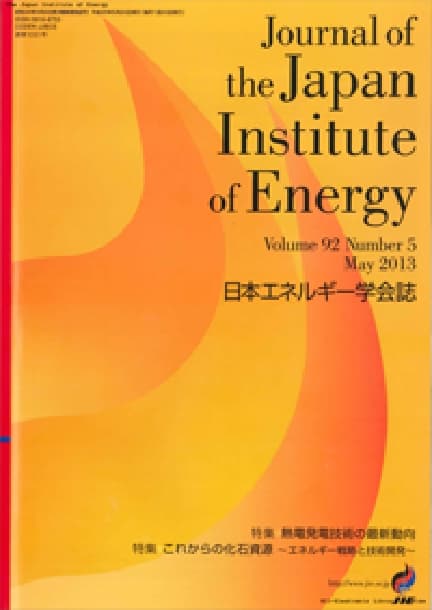Effects of Anthropomorphism of Environmental Mascots on Acceptance of Photovoltaic Power Generation
Satoshi ARAI, Takahiro MATSUNAGA, Hiroki HONDO
pp. 120-130
DOI:
10.3775/jie.102.120Abstract
Environmental mascots are commonly used by national and local governments to promote environmental activities. However, few studies have been conducted to examine the effects of environmental mascots on people’s environmental attitudes and to explore the mechanisms. This study aims to reveal the effects of environmental mascots on people’s acceptance of photovoltaic power generation (PV) through its anthropomorphism. Anthropomorphism refers to the perception of non-human entities by attributing to them human characteristics such as emotions and will, and previous studies indicate that anthropomorphism is associated with environmentally friendly behavioral intentions. This study focuses on “Sunpo-chan,” an environmental mascot created by a non-profit organization in Iida City, Nagano Prefecture, Japan, to analyze how its anthropomorphism affects people's environmental awareness and acceptance of PV, based on a questionnaire survey. The results of the questionnaire survey are statistically analyzed to present a new concept of “civic anthropomorphism,” which is similar to but different from the general anthropomorphism treated in previous studies. Civic anthropomorphism is the degree to which people perceive environmental mascots as citizens living in the same community, and it is shown that people with a higher degree of this perception tend to be more accepting of PV than those who do not.










